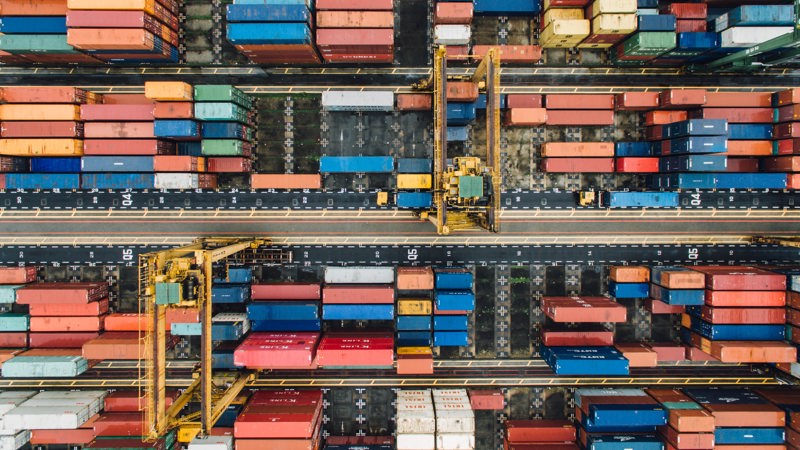
LNG Project in Eemshaven receives regulatory exemption
The European Commission has exempted the planned floating LNG import terminal in Eemshaven, Netherlands, from tariff and third-party access regulation for 5 years.
The terminal, operatored by EemsEnergy Terminal B.V. (EET), a subsidiary of Dutch energy infrastructure company Gasunie, .consists of two floating storage and regasification units (FSRUs) which have been leased for 5 years. First cargos are supposed to enter Eemshaven as early as mid-September 2022, helping the Netherlands and wider Europe to replace missing Russian gas volumes. The initial import capacity of the terminal amounts is 8 billion cubic meters (bcm), which – in the meantime – has been booked by Shell, ČEZ and Engie.
In its application for an exemption from regulation according to Art. 36 of the Gas Directive and Art. 18h of the Dutch Gas Act, Gasunie argued that the investment for the terminal could not be made under a regulated regime. This was supported by a Risk Analysis by Frontier that illustrated that financial risks would be too high under regulation, i.e. without the opportunity to enter into long-term contracts with ex-ante fixed commercial conditions.
In its conditional decision, the European Commission referred to further analyses carried out by Frontier on behalf of EET. A prerequisite for the decision was that the terminal improves security of supply and competition in the Netherlands and the European Union, and that the exemption does not detriment these positive effects.
The Commission considers these prerequisites to be confirmed by our analysis:
- The Terminal strengthens Dutch and European security of supply – it provides a timely and essential contribution to reaching the Dutch government’s and EU Commission’s goals of rapidly phasing-out Russian gas imports and diversifying gas supplies.
- The Terminal enhances competition in the gas market – it provides access to further import routes and sources from the global LNG market. Moreover, the exemption from third party access and regulated tariffs is not detrimental to competition in the relevant markets.
Among other things, the exemption is subject to conditions for the allocation mechanism of remaining capacities, non-discriminatory tariffs and so-called use-it-or-lose-it rules.
Frontier regularly works on regulatory exemptions and competition issues in relation to LNG, gas pipelines and electricity interconnectors.
For more information, please contact media@frontier-economics.comor call +44 (0) 20 7031 7000.









